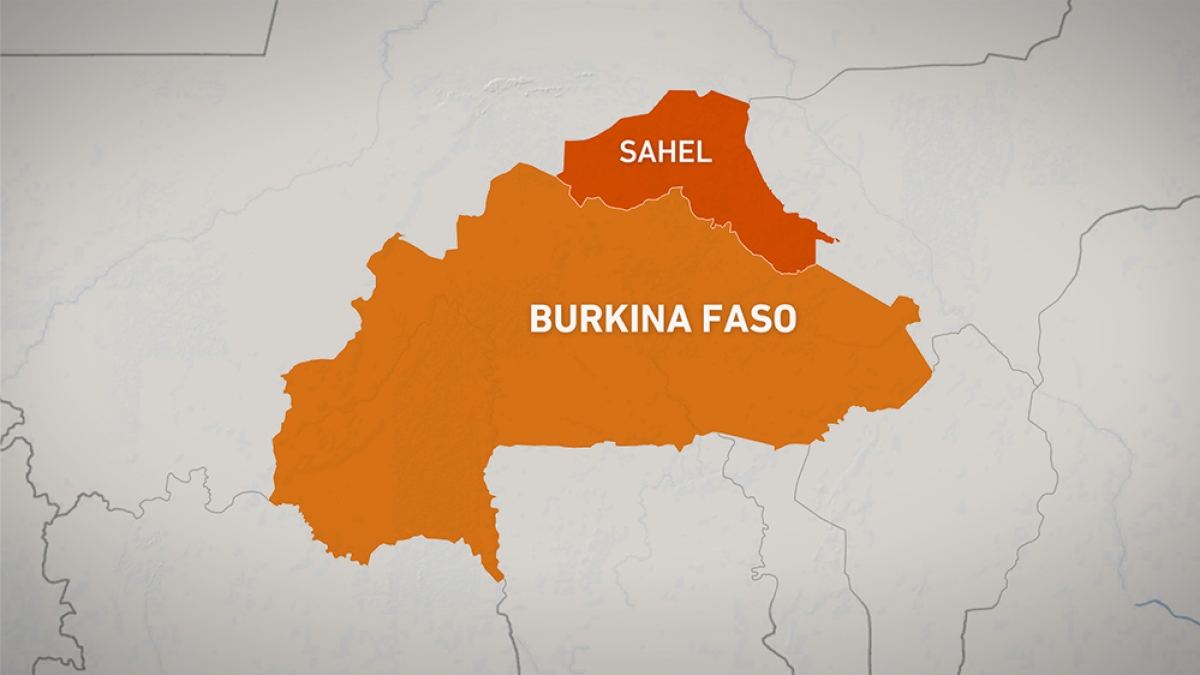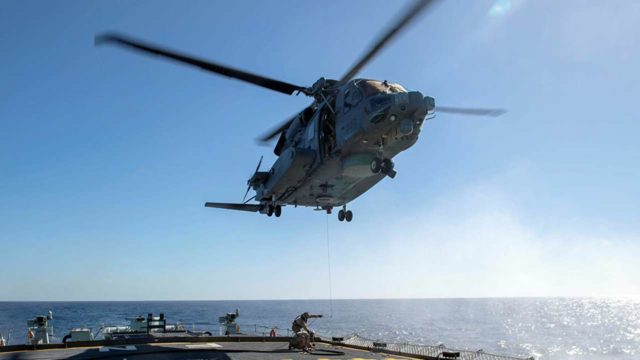Moussa Dadis Camara, 10 others are accused of responsibility in killing of 150 people and mass rape by Guinean forces.
Former Guinean president and military ruler Moussa Dadis Camara and 10 other men are set to face trial for a 2009 stadium massacre and mass rape by the country’s security forces.
The 11 men have been indicted for their responsibility in the killing of more than 150 people and the rape of more than 100 women in the capital Conakry, according to a report by a United Nations-mandated international commission.
On September 28, 2009, tens of thousands of pro-democracy demonstrators held a protest in the stadium to pressure Camara not to stand for election as president of Guinea the following year. Camara came to power through a military coup in 2008.
“The tens of thousands of opposition supporters and civil society had no idea of the terror waiting for them that day in 2009,” Al Jazeera’s Ahmed Idris said while reporting from Conakry.
“Survivors speak of horrific massacre with some victims shot at close range. Women and girls trapped by the shootings were beaten and raped by security forces.”
Like hundreds of families who blamed Camara for the killings, Cherno Maju Bah, is still bitter over the killing of his nephew.
“You can forgive somebody if (they) didn’t do it deliberately,” Bah told Al Jazeera. “But if he did do it deliberately, you can’t forgive him. He did it. He meant it and he did it.”
Numerous testimonies report how the presidential guard’s Red Berets, police officers and militiamen entered the stadium around noon, cordoned off the exits and opened fire indiscriminately on a crowd that had previously been festive.
Unarmed civilians were attacked with knives, machetes and bayonets, leaving the stands, corridors and grass strewn with the dead and dying. Others were trampled to death in the panic.
Asmaou Diallo, who was at the protest, told the Reuters news agency she was assaulted and barely escaped with her life, and that her son was killed in front of her.
“The most shocking image for me that day was that of the body of my slain son. I still haven’t processed what happened,” said Diallo, who now heads an association of parents and victims of the killings.
“Knowing that this trial will take place is for all the victims the beginning of hope for deliverance,” she said.
International investigators found the abuses could qualify as crimes against humanity, noting the brutality went on for several days against sequestered women and male detainees who were tortured.
Camara has denied responsibility for the incident, blaming it on errant soldiers, including his former aide-de-camp Lieutenant Aboubacar Toumba Diakite, who is also among those indicted. He has also denied responsibility.

